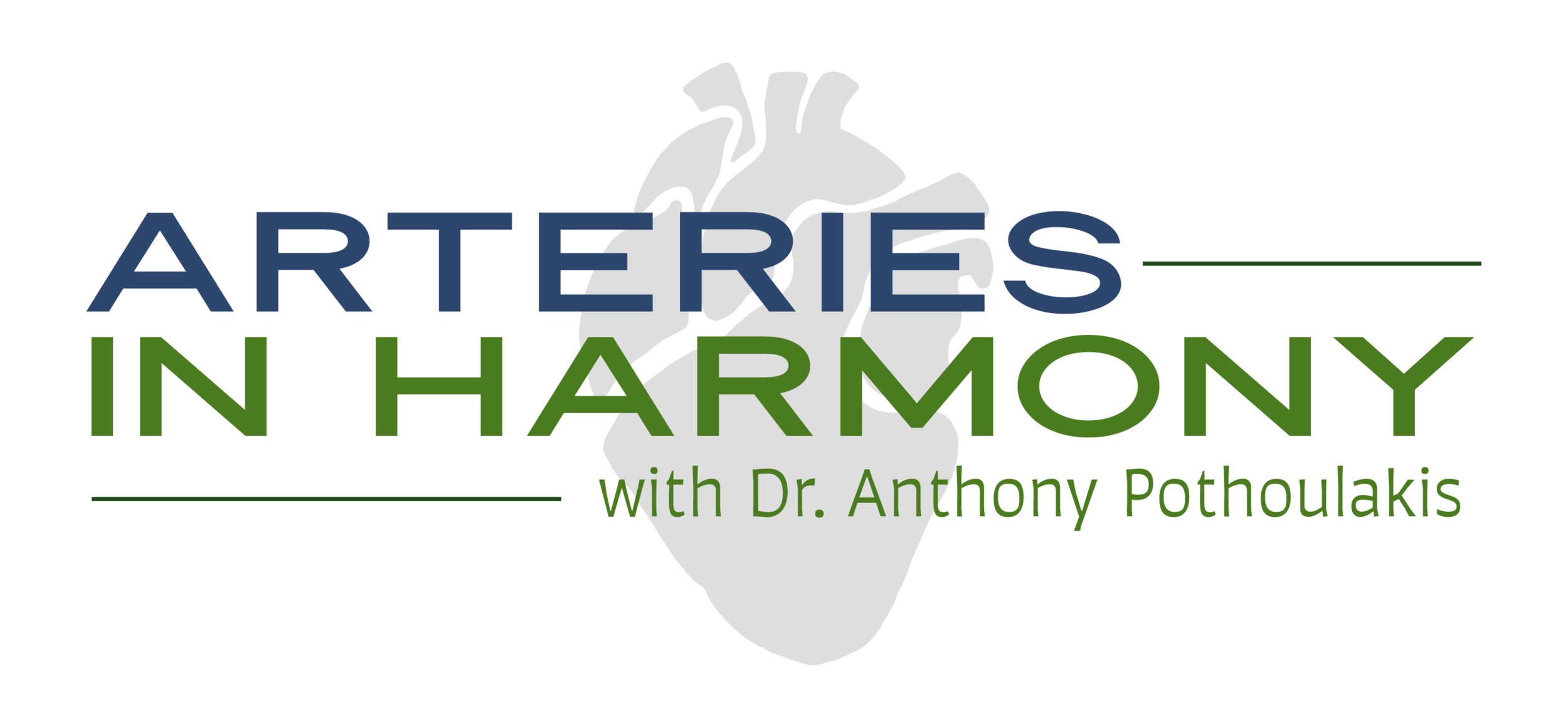New Year, New Diet? - Mediterranean (Part 3 of 3)
In my years of practicing medicine and prevention of cardiometabolic diseases, our diets and the way we eat make a very profound difference on our health. In my previous two blogs about the Paleo and Keto diets, I shared my professional opinion on their structure. But there is one more diet that I explain in my book which is a very healthy way of eating — the Mediterranean Diet.
The Mediterranean Diet is rich in whole, natural foods, including fresh vegetables, lean proteins and fish, and olive oil.
The Mediterranean Diet gained popularity - as you can guess - near the Mediterranean Sea and has since expanded from its creation in the 1960s and 70s. It is a diet rich in fruits, vegetables, nuts (unsalted), fish, eggs, lean meat (mostly white meat), whole grains and olive oil — but red meat is rarely eaten. As with all healthy habits, processed foods, deep fried foods, and sugary beverages have no place in Mediterranean diet.
Key items to success with the Mediterranean diet (similar to Paleo) is that you consume healthy, whole foods made from scratch from fresh ingredients and that processed foods are thrown out of the window. It’s also important to note the lifestyle that goes along with this diet. The people who ate the Mediterranean diet would typically work out in the fields for 6-8 hours a day six days a week, which helped them keep up with their muscular physiques and flat bellies.
When comparing the Paleo and the Mediterranean diets, you can see many similarities with the biggest differences coming down to legumes, whole grains and dairy products (these are part of the Mediterranean Diet, but not the Paleo Diet) and the red meat and butter that are liberally allowed in the Paleo diet. The overall lifestyles that match these diets are similar to those who have daily physical work for several hours. There is good scientific evidence that people who eat the Mediterranean diet are prone to living longer, having less chance of contracting diabetes, and that the diet can protect against Alzheimer's and dementia.
Following a diet to live healthier should never be a “fad'“. Focusing on whole foods, while getting rid of sugars, processed and deep fried foods are probably the most important take home messages from both the Paleo and Mediterranean diets. Red meat (when eaten in moderate quantities, and provided that you check your cholesterol with your doctor) or “antinutrients” in legumes are not going to ruin your health. Always complement your diet with an active lifestyle and, of course, do not smoke.
To your health,
Dr. Anthony

